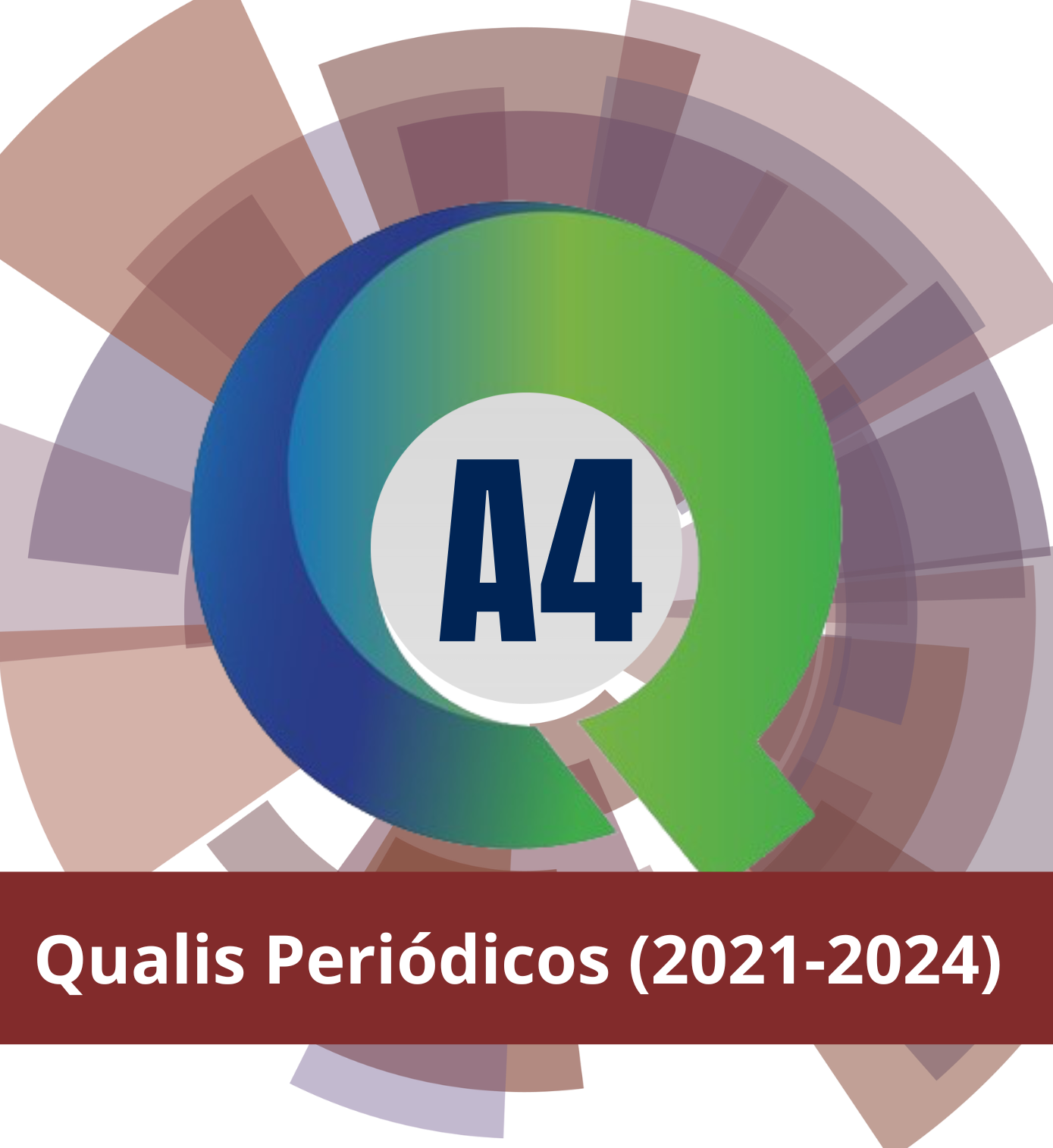Horto Bueno de Andrada settlement: subordination of land to agroindustrial capital and the contradiction of the peasant way of life
DOI:
https://doi.org/10.25059/2527-2594/retratosdeassentamentos/2013.v16i1.137Abstract
This study aims to examine the territorial and spatial restructuring process of sugarcane agribusiness including the ethanol processing activities in the spatial dynamics of rural agrarian reform settlements through the logic of land subordination by leasing processes and the subordination of labor through wages strategies that can help reduce absenteeism in rural areas, under the Decree 77/2004 of the Instituto de Terras do Estado de São Paulo (ITESP), whereas the Horto Bueno de Andrada in Araraquara, São Paulo State (Brazil), which is a State project, was the purpose of this empirical research. The field research was conducted in this rural settlement project in July 2012, and, for this purpose, three family groups living in plots 2, 5, and 28, who were leaseholders and sugarcane growers that supply the sugarcane agroindustry were randomly selected to participate in the study; the data were collected and recorded through semi-structured interviews and the most significant excerpts have been transcribed in this work. Through this field research and provided with a copy of the partnership agreement established between the settled family groups and the sugarcane agroindustry (Maringá Mill) it was possible to observe that this insertion and territorial ownership of industrial capital allowed for the implementation of social and territorial logic practices into this spatial structures of agrarian reform, which can be deemed to be indifferent or antagonistic in matters of economics or to the peasant way of life (the historic individual of agrarian reform), highlighting the elements such as: land concentration; monoculture agriculture (sugar cane production); the establishment of salaried employment, with the consequent exploitation of human labor, where they are not only subordinated to industrial capital but exploration can also occur between groups, i.e., some of the land reform beneficiaries are benefited over the others; and in addition, the likely damage caused to environment in particular due to the use of pesticides (herbicides and insecticides) and the practice of pre-harvest burning of sugarcane straw. All of these factors have been implicated as causes of the destruction of traditional knowledge and values, and socio-spatial practices of peasants dating back to the colonial era.
Keywords: Horto Bueno de Andrada settlement; Leasing; Subordination of
the land; Leasing; Agro-industrial capital.
References
FERRANTE, V.L.S.B. A proletarização não tem cartas marcadas: a terra no
horizonte dos bóias-frias. Revista Reforma Agrária. Campinas, vol. 22, nº.
, pp. 16-23, 1992.
______. Assentamentos rurais X dinâmica regional: impactos e tensões.
Retratos de Assentamentos, Araraquara: NUPEDOR/Programa de Pós-
Graduação em Sociologia da FCL, ano VI, nº. 8, 2000.
______. Assentamentos rurais e poder local: os rumos da descentralização da reforma agrária. VI Congresso da Associação Latino-Americana de
Sociologia Rural. Porto Alegre, 25 a 29 de novembro de 2002. In: Anais...,
CD-Room, 2002.
______; WHITAKER, D.C.A. A reforma agrária diante das estratégias do agronegócio: o caso dos assentamentos de Araraquara - SP, Brasil. VIII
Congresso Latinoamericano de Sociología Rural, Porto de Galinhas, 2010. In: Anais..., 2010.
ITESP. Instituto de Terras do Estado de São Paulo. Portaria Itesp 77. São Paulo, 2004.
KURANAGA, A.A. Feiras do produtor: alternativa para sustentabilidade de
famílias assentadas rurais da região de Araraquara. 134 p. Dissertação
(Mestrado em Desenvolvimento Regional e Meio Ambiente) – Centro
Universitário de Araraquara (UNIARA), Araraquara/SP, 2006.
MARX, K. O Capital. São Paulo: Ciências Humanas Ltda., 1978.
MARTINS, J. de S. O Cativeiro da Terra. São Paulo: Ciências Humanas, 1979.
NETTO, J.P. Marxismo Impenitente – Contribuição à História das Ideias
Marxistas. São Paulo: Cortez Editora, 2004.
NORONHA, E.O.; HESPANHOL, R.A.M. O Espaço Periurbano no
Município de Jundiaí-SP: características e tendências atuais. Revista
Formação, n.15, v.1, p.85-96, 2011.
PMA – Prefeitura Municipal de Araraquara. Plano Municipal de
Desenvolvimento Rural Sustentável 2010-2013. 2009.
RAMOS, P. Políticas Públicas e Perspectivas de Viabilização dos
Assentamentos Rurais. Retratos de Assentamentos, Araraquara, n.12,
Uniara/Nupedor/INCRA, p.69-86, 2009.
SOUZA, J.G. La production d'agro-carburants au Brésil: Bio-essence
ou Nécro-essence? jul. 2008. Disponível em:
portailenvironnement.ca/agriculture/la-production>. Acesso em: 16/05/2013.
______. Limites do Território. Agrária, São Paulo, n.10/11, p.99- 30, 2009
WHITAKER, D.C.A. Reforma agrária e meio ambiente: superando preconceitos contra o rural. Retratos de Assentamentos, Araraquara, n.12, Uniara/Nupedor/INCRA, p.33-46, 2009.
Downloads
Published
How to Cite
Issue
Section
License
O(s) autor(es) autoriza(m) a publicação do artigo na revista;
• O(s) autor(es) garante(m) que a contribuição é original e inédita e que não está em processo de avaliação em outra(s) revista(s);
• A revista não se responsabiliza pelas opiniões, ideias e conceitos emitidos nos textos, por serem de inteira responsabilidade de seu(s) autor(es);
• É reservado aos editores o direito de proceder ajustes textuais e de adequação do artigo às normas da publicação.
Autores mantêm os direitos autorais e concedem à revista o direito de primeira publicação, com o trabalho simultaneamente licenciado sob a Licença Creative Commons Attribution, que permite o compartilhamento do trabalho com reconhecimento da autoria e publicação inicial nesta revista.
Autores têm autorização para assumir contratos adicionais separadamente, para distribuição não exclusiva da versão do trabalho publicada nesta revista (ex.: publicar em repositório institucional ou como capítulo de livro), com reconhecimento de autoria e publicação inicial nesta revista.
Autores têm permissão e são estimulados a publicar e distribuir seu trabalho online (ex.: em repositórios institucionais ou na sua página pessoal) a qualquer ponto antes ou durante o processo editorial, já que isso pode gerar alterações produtivas, bem como aumentar o impacto e a citação do trabalho publicado (Veja O Efeito do Acesso Livre) em http://opcit.eprints.org/oacitation-biblio.html















